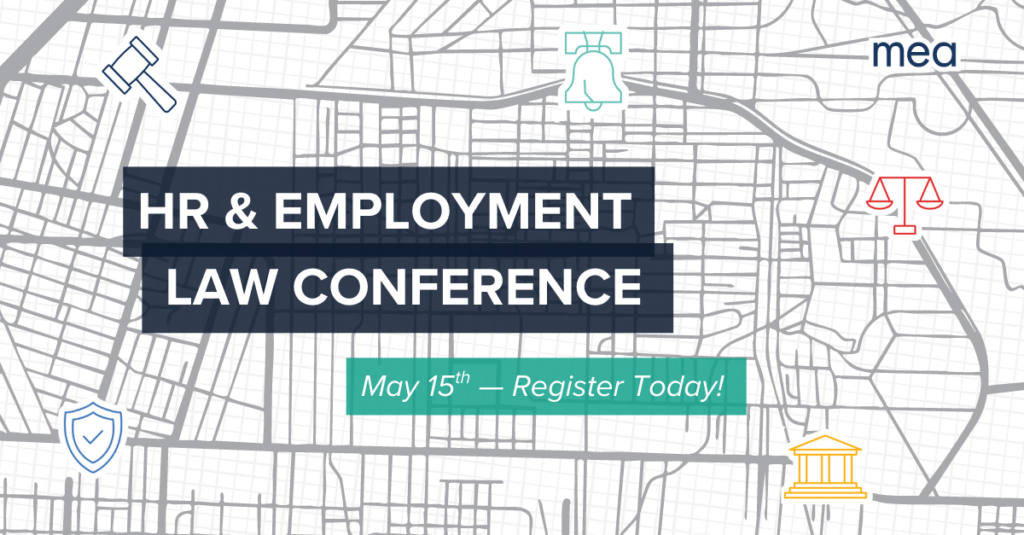With the recent death of conservative activist Charlie Kirk, political discussions are taking place at family gatherings, on social media, and even at work. In the office or on the manufacturing floor, those discussions can result in lost employee productivity, lessened attention to customer service, and decreased focus as workers discuss, advocate or even argue about their opinions. While the freedom of speech guaranteed by the United States Constitution applies to government censorship of speech, private employers generally are not constrained by the First Amendment. As a result, most private employers can assert control of the workplace by limiting or banning political speech entirely, particularly when there is a legitimate business reason for doing so, such as worker distraction. As with any other workplace rule, however, employers should be careful to implement and enforce any political discussion ban in an even-handed, non-discriminatory manner.
Even if employers choose not to put in place an all-out ban, now would be a good time to review any non-solicitation and distribution policies, as employers are well within their rights to ban all forms of solicitation during work time and in work areas. A total ban must in fact be a total ban, however, and allowing solicitation for girl scout cookies or sports team fundraisers likely will open the door to allow for more controversial solicitation operations. At the same time, employers should review electronic communications policies and consider blocking social media sites from access on their networks. Of course, with most workers having near constant access to smart phones, such a move may have limited effectiveness.
To curb potential problems caused by political discussions in the workplace, in addition to the above, employers should:
- Monitor the workplace and be responsive to questions, complaints, or concerns regarding harassing or belligerent employee behavior.
- Remind managers to report employee complaints, even if the complained-of conduct has political overtones.
- Remind managers and supervisors to avoid engaging in political conversations or discussions with their subordinates.
- Advise employees that all workplace speech, whether political or otherwise, should be respectful and tolerant of others’ views.
Employers should consult with experienced human resources professionals and/or labor and employment counsel with any questions regarding these complex employment law issues. For all MEA members, the Hotline is available to provide this assistance. For MEA Essential and Premier members, a Member Legal Services attorney is available for additional consultation.
*This Alert is provided for general informational purposes only and does not constitute legal advice.

